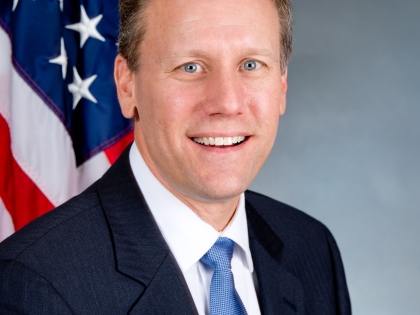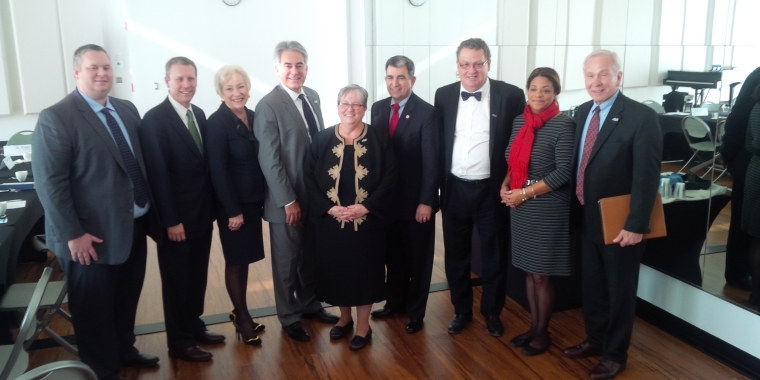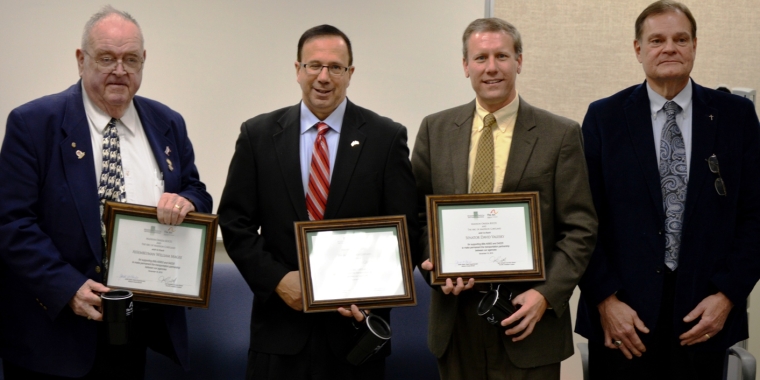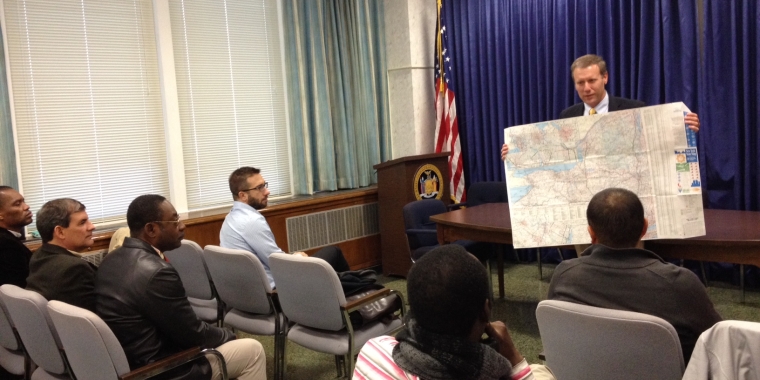
Senate Passes Valesky-Sponsored Elder Financial Abuse Legislation
David J. Valesky
June 16, 2015
-
ISSUE:
- Aging
- Banks
- Consumer Protection
- Health
- Victims
Albany, NY - Legislation sponsored by Senator David J. Valesky (D-Oneida) protecting seniors from financial abuse passed the Senate June 15, which was also World Elder Abuse Awareness Day.
Persons over the age of 65 are the fastest growing segment of the American population. While senior citizens constituted only 4% of the total population in 1900, by 1994 the proportion of seniors in the united States had grown to 12.5%. By 2050 almost 25% of all Americans will be over age 65. Evidence suggests that there may be a surprisingly high percentage of senior citizens who are, either intentionally or unintentionally, mistreated by family members or institutional caregivers or who, of their own volition, are neglecting their own basic custodial needs. This maltreatment can take many forms, ranging from physical and psychological abuse to neglect to financial abuse and exploitation. The loss of one's financial assets can have a severe long-term impact on a senior's well-being and quality of life. Data obtained by the New York State Office of Children and Family Services project a surge in the number of cases of financial abuse by the year 2030, with nearly 200,000 incidents predicted to occur.
In order to combat these rising trends and to protect even more elderly individuals from becoming future victims themselves, Sen. Valesky proposed legislation that will, among other things: authorize banks to refuse suspicious transactions; expand the definition of “caregiver;” and allow a prosecutor to obtain medical records under certain circumstances.
“We are seeing increasing incidences of elder abuse, and we must do all we can to stop this disturbing trend,” Sen. Valesky said. “These bills will establish new protections for our elderly citizens and give law enforcement officials additional tools to pursue and prosecute those who would take advantage of and harm adults who are unable to protect themselves.”
“Vera House is so grateful for the work Senator Valesky is doing to advance legislation to protect vulnerable adults. Elder abuse, neglect and financial exploitation are growing problems, and are best addressed with community collaboration. The proposed legislation makes it easier for financial institutions, social service agencies, law enforcement and prosecutors to pursue these cases, reduce financial losses and protect seniors in our community,” said Randi Bregman, Executive Director, Vera House.
The bills include:
S.639, which authorizes banks to refuse any transaction of moneys if the banking institution, social services official, or law enforcement agency reasonably believes that financial exploitation of a vulnerable adult has occurred or may occur.
S.641, which expands the definition of “caregiver” under the penal law to include a person who voluntarily, or otherwise by operation of law (such as an appointed guardian or power of attorney), assumes responsibility of an elderly person so that they would be tried under the “endangering the welfare of a vulnerable elderly person” law.
S.624, which proposes to allow a prosecutor to obtain medical records, without a privilege waiver, with a subpoena, endorsed by the court, based upon a showing that the patient suffers from a mental disability, and that the patient has been a victim of a crime.
Financial elder abuse manifests itself in many ways. Often, the perpetrators are family members of or have a close relationship with the victim, who may depend on them for care, depressing the number of reported cases. If you or anyone you suspect may be a victim of abuse, you should contact the authorities, or call Vera House’s 24-hour crisis hotline at 315-468-3260.
Share this Article or Press Release
Newsroom
Go to NewsroomTHANKSGIVING ESSAYS AND CONTRIBUTIONS SD 53
November 24, 2015

Sen. Valesky Meets with SUNY Presidents
November 20, 2015

Madison Cortland ARC Thanks Sen. Valesky
November 19, 2015

Sen. Valesky Speaks to Syracuse University's Humphrey Fellows
November 18, 2015
